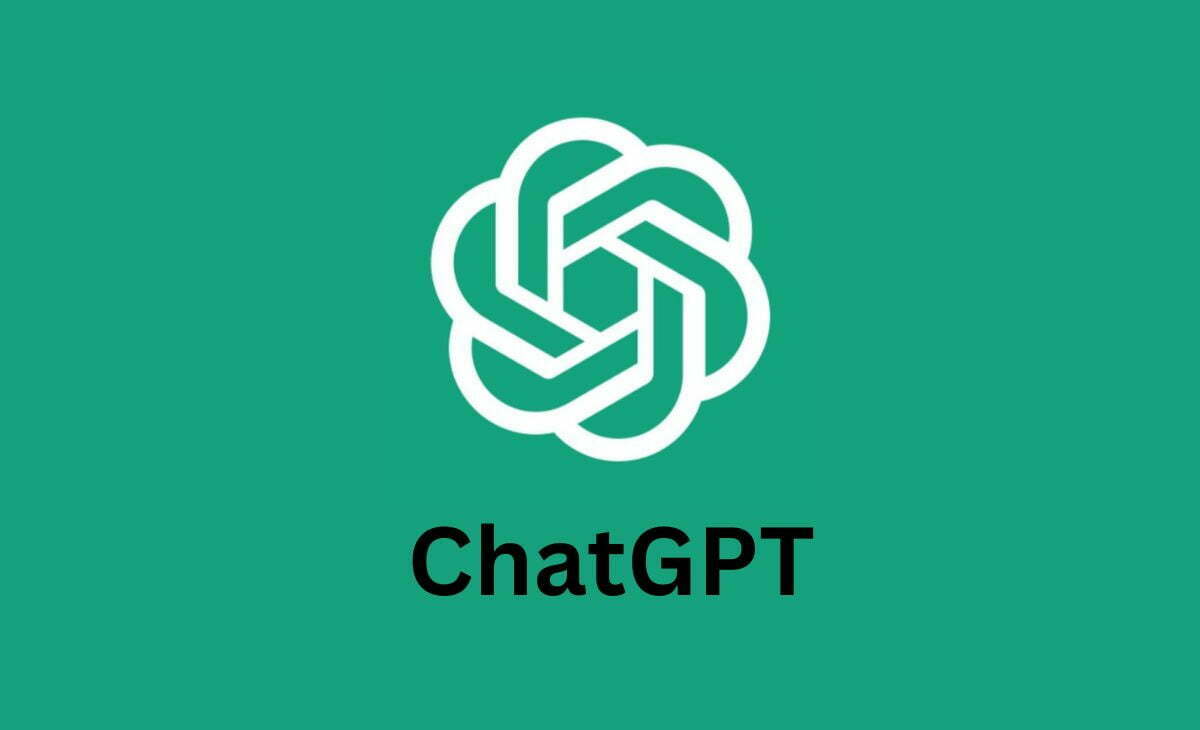In the heart of classrooms across the globe, a technological revolution is silently unfolding. Students, equipped with their trusty TI-84 graphing calculators, are leveraging a secret hack that brings the power of ChatGPT right to their fingertips. This ingenious workaround enables them to discreetly access advanced AI assistance, raising serious concerns about academic integrity and the future of fair assessment.
Unveiling the Hack: How Does It Work?
The core of this hack lies in the TI-84’s programmability. By exploiting this feature, students can install a Python interpreter on the calculator, opening the door to running complex scripts. With a little ingenuity, they can then connect the calculator to a smartphone, which serves as a bridge to the vast capabilities of ChatGPT.
Once the connection is established, students can discreetly input queries or prompts into their calculators, receiving AI-generated responses that can range from solving intricate math problems to crafting eloquent essays.
The Allure of Easy Cheating
The appeal of this hack is undeniable. It offers a seemingly foolproof way to bypass traditional safeguards against cheating, enabling students to access a wealth of knowledge and assistance during exams or assignments. The discreet nature of the calculator further enhances its allure, making it difficult for educators to detect.
Real-World Impact: Tales from the Trenches
Educators have reported a surge in suspiciously high scores on assessments that previously posed significant challenges for students. Some have even witnessed students furtively glancing at their calculators during exams, raising red flags about potential academic misconduct.
Online forums are abuzz with discussions about the hack, with students sharing success stories and tips for maximizing its potential. Some even boast about using it to ace exams without studying, raising concerns about the devaluation of hard work and the erosion of academic integrity.
The Ethical Dilemma: Is It Really Cheating?
The use of AI assistance in academic settings raises complex ethical questions. Some argue that it merely levels the playing field, providing students with access to resources that were previously unavailable. Others contend that it undermines the core principles of education, fostering a culture of dependence and shortcuts.
Educators Fight Back: Adapting to the New Reality
The emergence of this hack has forced educators to rethink their approach to assessment and instruction. Some have turned to proctored exams and stricter invigilation measures, while others are exploring alternative assessment formats that emphasize critical thinking and problem-solving skills.
There’s also a growing movement towards embracing technology in the classroom, leveraging AI tools to enhance learning experiences and prepare students for the demands of the modern workforce.
The Future of Assessment: Navigating the AI Frontier
The TI-84 hack is just the tip of the iceberg. As AI continues to advance at a breakneck pace, we can expect even more sophisticated tools and techniques to emerge. The challenge for educators will be to stay one step ahead, adapting assessment methods and curricula to ensure academic integrity and foster genuine learning.
The future of education lies in striking a balance between leveraging technology‘s potential and upholding the core values of hard work, critical thinking, and ethical conduct.






























